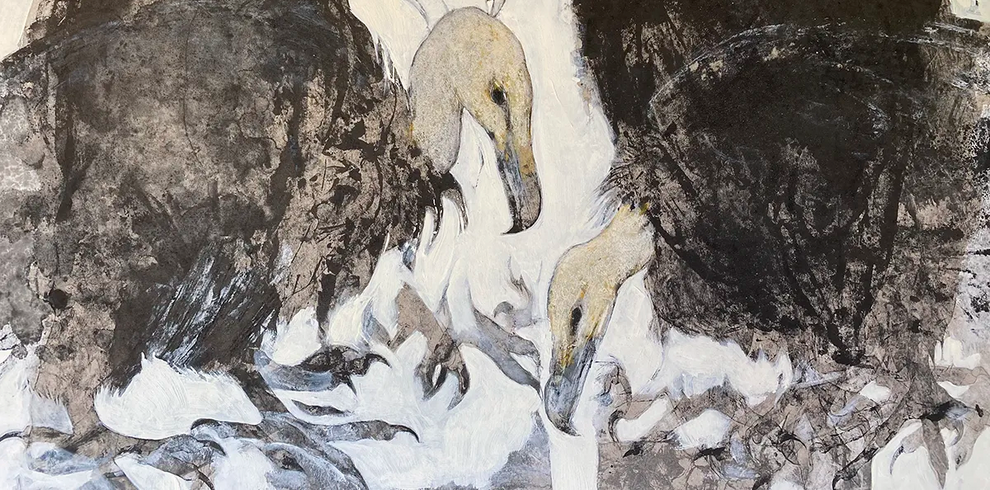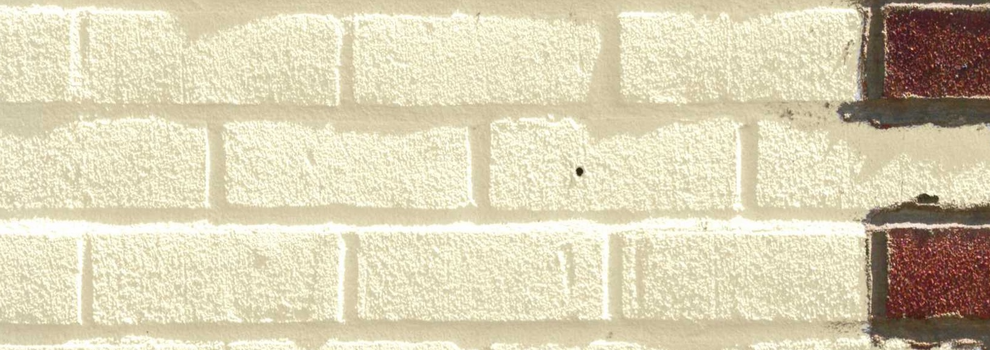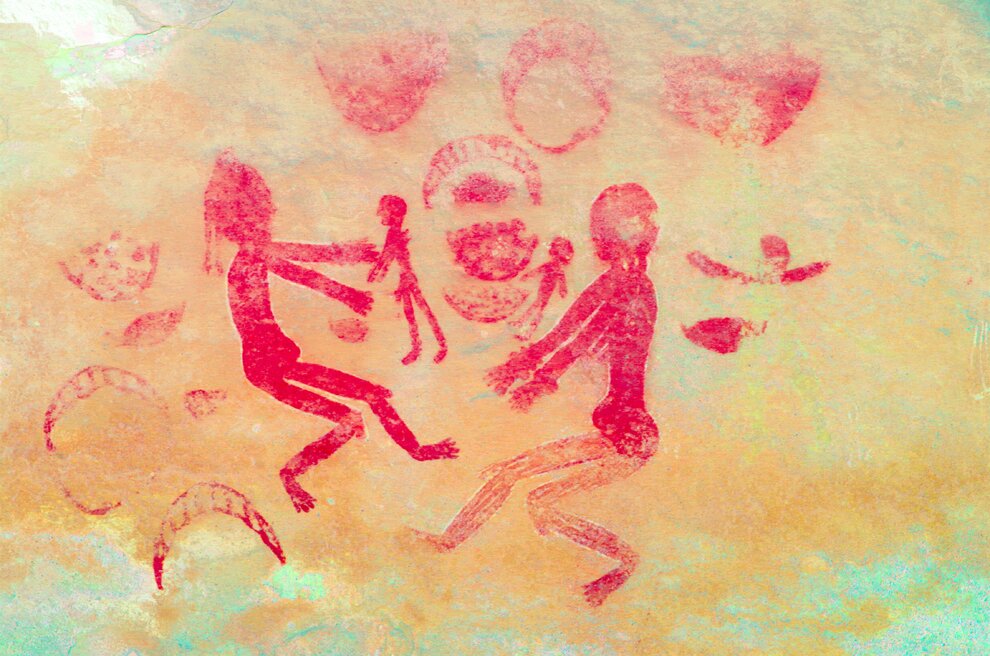Extreme violence: investigate, rescue, judge

This conference has a dual purpose.
The first aim is to study the approaches and practices of social scientists, humanitarian practitioners, and defenders of human rights in time of war, genocide, and mass crimes. It is rare for these three categories of actors to join together in exploring the assumptions that govern their work. In certain situations, they may intervene simultaneously in pursuit of common objectives in a spirit of cooperation and collegiality, but they may also vigorously assert their own particular approaches. The conference aims to examine cases which highlight and build on this heterogeneity while at the same time emphasizing the value of cooperation. Based on their experiences in Syria, Rwanda, and the Democratic Republic of Congo, participants will address one or more of the following themes: local determinants of mass killings; relief methodologies and their impacts; the actions of United Nations’ multilateral agencies and of international criminal justice and national judicial institutions; and the engagement of human rights organizations.
The second aim is to carry out a collective reflection, in the form of a round table, on the growing challenge of judicialization (recourse to the courts) that creates constraints and dangers for everyone – researchers, humanitarian actors, and human rights defenders – working on the problem of mass crimes. The conference takes up this question in a particular historical context. On the one hand, humanitarian researchers and practitioners are regularly invited into public debates concerning acts of violence that they have witnessed or investigated. On the other, they are frequently called or forced by the judicial apparatus to testify about what they know. The possibility that they might be obliged to provide access to sources, informants, and testimonies creates situations of legal conflict, testing the professional secrecy by which researchers and practicioners consider themselves to be bound, particularly when such access may endanger witnesses and humanitarian staff members.
This conference is organized by the Fondation Maison des sciences de l'homme and the Centre de Réflexion sur l'Action et les Savoirs Humanitaires (CRASH) from Médecins Sans Frontières, with the support of the IEA de Paris.
The conference will take place in French and English. Simultaneous interpretation will be provided.
Download the complete programme
Sold out
Program
IEA de Paris | Hôtel de Lauzun 17 quai d'Anjou, Paris 4
Opening | Wednesday, March 20th
2:00 pm Opening
| Michel Wieviorka, Director of studies EHESS, Chairman of the Fondation Maison des sciences de l’homme (FMSH)
2:15 Introduction
| Jean-Hervé Bradol, physician, Director of studies at Crash, MSF
| Laëtitia Atlani-Duault, Research Professor at CEPED (IRD, INSERM, Paris V University) and Director of the Collège d’études mondiales, FMSH
Syria | Wednesday, March 20th
Moderator: Fabrice Weissman, Director of studies at Crash, MSF
2:40 Investigating in War-Torn Syria
| Gilles Dorronsoro, professeur de sciences politiques à l’Université Paris I Panthéon Sorbonne, Adam Baczko, et Arthur Quesnay, post-doctorants associés à l’Université Paris I Panthéon Sorbonne : projet ERC, « Social Dynamics of Civil Wars »
Break
3:40 Humanitarian practices on the ground in the face of the Syrian conflict
| Hakim Khaldi, Researcher, MSF
4:10 Targeting health infrastructure in Syria: a military tactic or a collateral damage?
| Abdulkarim Ekzayez, physician, Research fellow at Research for Health in Conflict (R4HC), King’s College
4:40 Danger, advocacy and accuracy: witnessing by local medical humanitarian organisations in the Syrian conflict
| Sophie Roborgh, Research fellow at Humanitarian and Conflict Response Institute, University of Manchester
5:10 Discussion
Rwanda | Thursday, March 21st
Moderator: Nicolas Mariot, Research director at the CNRS
9:00 Welcoming
9:15 am Opening
| Claudine Vidal, Emeritus Research director at the CNRS, member of the scientific council of Crash, MSF
9:30 Experience as a witness who survived genocide and as a witness of witnesses since
| Pacifique Kabalisa, President of the Centre pour la prévention des crimes contre l’humanité (CPCH)
10:00 Twenty years after Leave None to Tell the Story: what do we now know about the Rwandan genocide?
| Timothy Longman, Professor of Political Sciences, Boston University
10:30 The limits of the genocide label
| Scott Straus, Professor of Political Sciences, University of Wisconsin-Madison
11:00 Discussion
12:00 Lunch break
1:30 pm Lee Ann Fujii’s investigations in Rwanda
| Claudine Vidal, Emeritus Research director at the CNRS, member of the scientific council of Crash, MSF
2:00 Winning the battle of ideas: extremist vs moderates ideologies in Rwanda’s genocide
| Omar McDoom, Assistant Professor at the London School of Economics and Political Sciences
14:30 Break
2:45 Inside Rwanda’s Gacaca Courts. Seeking Justice after Genocide
| Bert Ingelaere, Assistant Professor at the University of Antwerp
3:15 Les procédures judiciaires engagées par des juridictions nationales hors Rwanda envers des ressortissants rwandais
| André Guichaoua, Professor of Sociology at University Paris 1 Panthéon-Sorbonne
3:45 Synthesis
| Nicolas Mariot, Research director at the CNRS
4:15 Discussion
Democratic Republic of Congo | Friday, March 22nd
Moderator: Yann Mens, journaliste, journalist, MSF board member
9:00 Welcoming
9:30 am Investigating for the United Nations Security Council
| Emilie Serralta, Independent Consultant
10:00 The careers of Bosco Ntaganda, a man of war: from Rwanda to the International Criminal Court (1990-2018)
| Marc Le Pape, sociologist, CNRS, member of the scientific council of Crash, MSF
10:30 Break
10:45 Understanding violence against civilians by armed actors in eastern DRC: types, modalities and logics
| Judith Verweijen, Lecturer, University of Sussex
11:15 Negotiations for humanitarian access in North Kivu: everyday dilemmas, tensions and compromises in a context of cyclical violence
| Myfanwy James, PhD student, University of Oxford
11:45 Producing a journalistic discourse on war: a Congolese experience
| Justine Brabant, journalist and independent researcher
12:15 Discussion
13:15 Lunch break
2:30 pm Round table: investigate, rescue, judge
Researchers and humanitarian actors in context of genocide and mass crime facing the growing challenge of judicialization
Introduction : Laëtitia Atlani-Duault, Research Professor at CEPED (IRD, INSERM, Paris V University) and Director of the Collège d’études mondiales, FMSH
Discutantes : Audrey Ceschia, Lancet Public Health editor-in-chief, et Laëtitia Atlani-Duault
| Bruno Cotte, Honorary President of the Criminal Division of the Cour de Cassation (French supreme court of appeal), former President of the Trial Chamber of the International Criminal Court
| Catherine Marchi-Uhel, Head of UN International, Impartial and Independent Mechanism on international law violation in Syria
| Rony Brauman,physician, Director of studies at Crash, MSF
| Rudi Coninx, Director of Humanitarian Policy & Guidance Unit, Emergency Operations Department, at World Health Organization
4:30 Conclusion of the conference
| Jean-Pierre Dozon, Director of studies EHESS, FMSH vice-president
Extreme violence:
investigate, rescue, judge
20, 21 et 22 march 2019
Hôtel de Lauzun
17 quai d'Anjou, 75004 Paris
Sold out

The Organocene: Change in Overorganized Societies

Faire science, faire film. Regards croisés sur le vivant en danger.

The History of Christian Sweepers in Lahore


